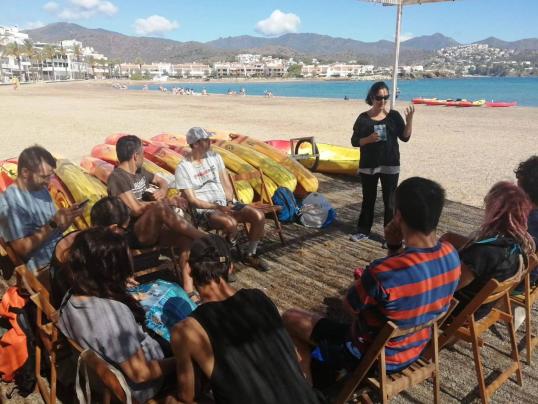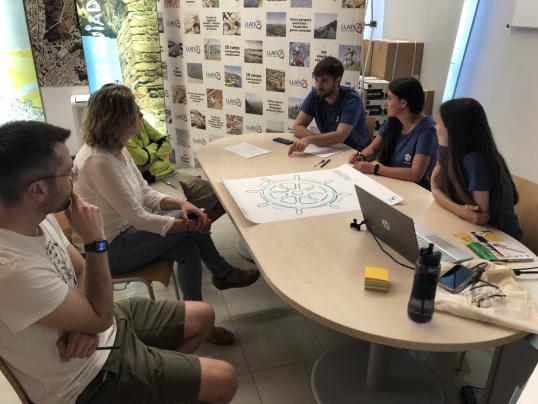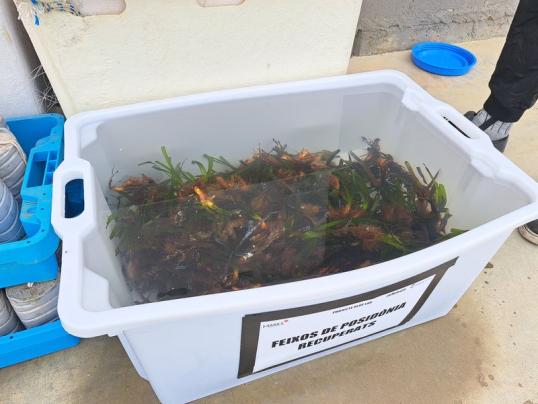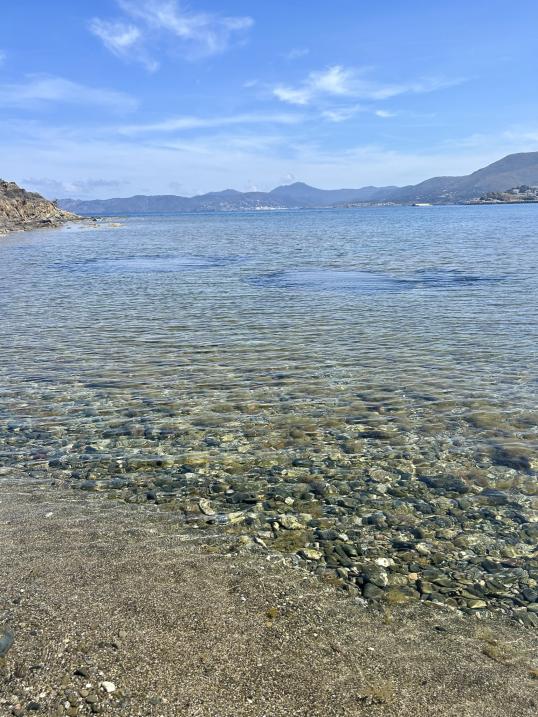
About the finalist
| Lead applicants | SUBMON |
| Category | Marine conservation |
| Countries involved | Spain |
| Main Natura 2000 sites | L'Albera (Spain) |
| Website | https://www.submon.org/en/blue-lab-project/ |
Overview
The conservation of marine Natura 2000 sites requires the collaboration of all interested parties, including the competent authorities, relevant industry sectors (especially fisheries and recreational tourism), sea users and local communities. However, such collaboration is often difficult to put into practice.
The BlueLab project, led by Spanish NGO SUBMON, has been actively working to protect and restore marine biodiversity, and to highlight the importance of the Natura 2000 network to visitors and the local population. The project is a pioneering example in the region of Catalonia, aimed at supporting the competent authorities in their conservation efforts and promoting community management in an area of great conservation interest.
In 2021, in the framework of the BlueLab project, a marine stewardship agreement was signed between Llançà Town Council, the Government of Catalonia and SUBMON for an effective management of the marine area of the ‘L'Albera’ Natura 2000 site (Catalonia, Spain). The agreement had two main objectives:
- To ensure the maintenance of the good environmental state in well-preserved areas of L’Albera site, and to restore the previous good environmental status of degraded areas.
- To involve the local community in the conservation of the area, promoting a deeper understanding of marine biodiversity and the ecosystem services it provides.
In a relatively short period of time (2021-2023), with funds from SUBMON and grants from the Generalitat de Catalunya, the marine stewardship agreement has allowed:
-
The mapping and assessment of the status of Posidonia seagrass beds within L'Albera (30,000 m2).
-
A pilot test to restore areas damaged by illegal mooring by replanting Posidonia shoots uprooted by storms (a new method that has no impact on donor populations).
-
The co-creation and implementation of a citizen science project to monitor the marine biodiversity of the area, in collaboration with local organisations.
The marine stewardship agreement is valid for four years and can be extended for another four years. The sense of ownership being developed by the local communities is crucial to the continuity of this initiative, for which an active search for funds and resources is already underway.
Pictures from the finalist
Videos from the finalist:
https://www.youtube.com/watch?v=TtW3WgRh6Do
Details
- Publication date
- 14 March 2024
- Author
- Directorate-General for Environment





